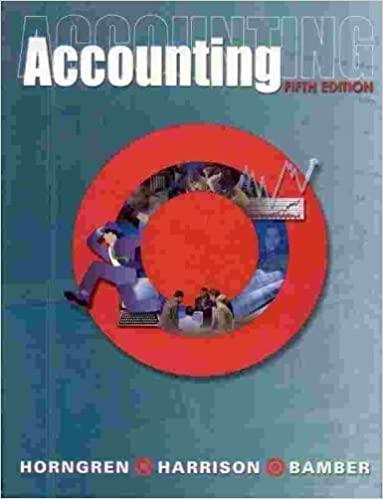As discussed in the text, in the absence of market imperfections and tax effects, we would expect the share price to decline by the amount
| As discussed in the text, in the absence of market imperfections and tax effects, we would expect the share price to decline by the amount of the dividend payment when the stock goes ex dividend. Once we consider the role of taxes, however, this is not necessarily true. One model has been proposed that incorporates tax effects into determining the ex-dividend price:1 |
| (P0 PX) / D = (1 TP) / (1 TG) |
| where P0 is the price just before the stock goes ex, PX is the ex-dividend share price, D is the amount of the dividend per share, TP is the relevant marginal personal tax rate on dividends, and TG is the effective marginal tax rate on capital gains. |
| a. | If TP = TG = 0, how much will the share price fall when the stock goes ex? |
| |||||||
| b. | If TP = 21 percent and TG = 0, how much will the share price fall? (Do not round intermediate calculations. Round your answer to 2 decimal places, e.g., 32.16.) |
| Share price | D |
| c. | If TP = 21 percent and TG = 42 percent, how much will the share price fall? (Do not round intermediate calculations. Round your answer to 4 decimal places, e.g., 32.1616.) |
| Share price | D |
| d. | Suppose the only owners of stock are corporations. Recall that corporations get at least a 70 percent exemption from taxation on the dividend income they receive, but they do not get such an exemption on capital gains. If the corporations income and capital gains tax rates are both 38 percent, what does this model predict the ex-dividend share price will be? |
Step by Step Solution
There are 3 Steps involved in it
Step: 1

See step-by-step solutions with expert insights and AI powered tools for academic success
Step: 2

Step: 3

Ace Your Homework with AI
Get the answers you need in no time with our AI-driven, step-by-step assistance
Get Started


